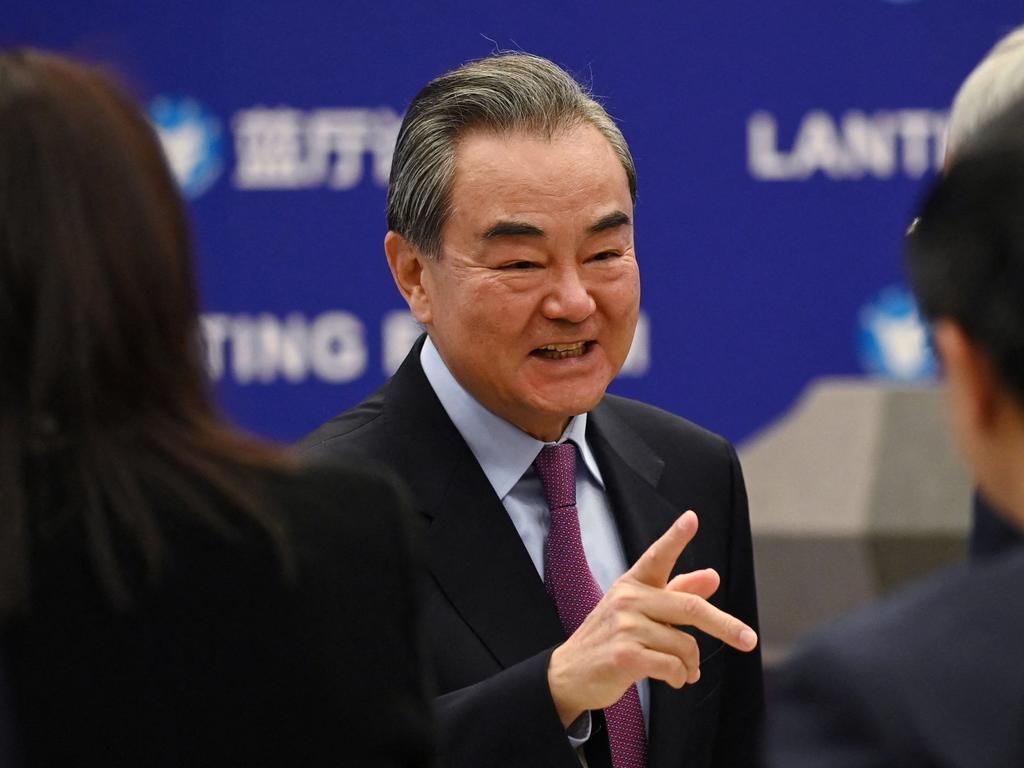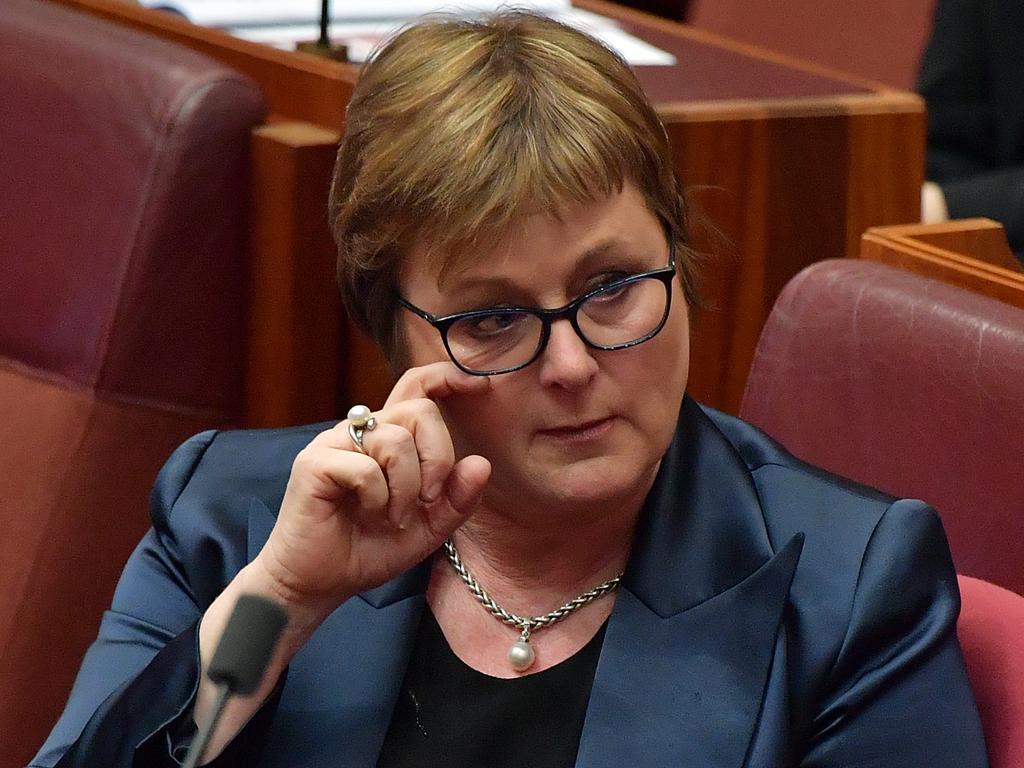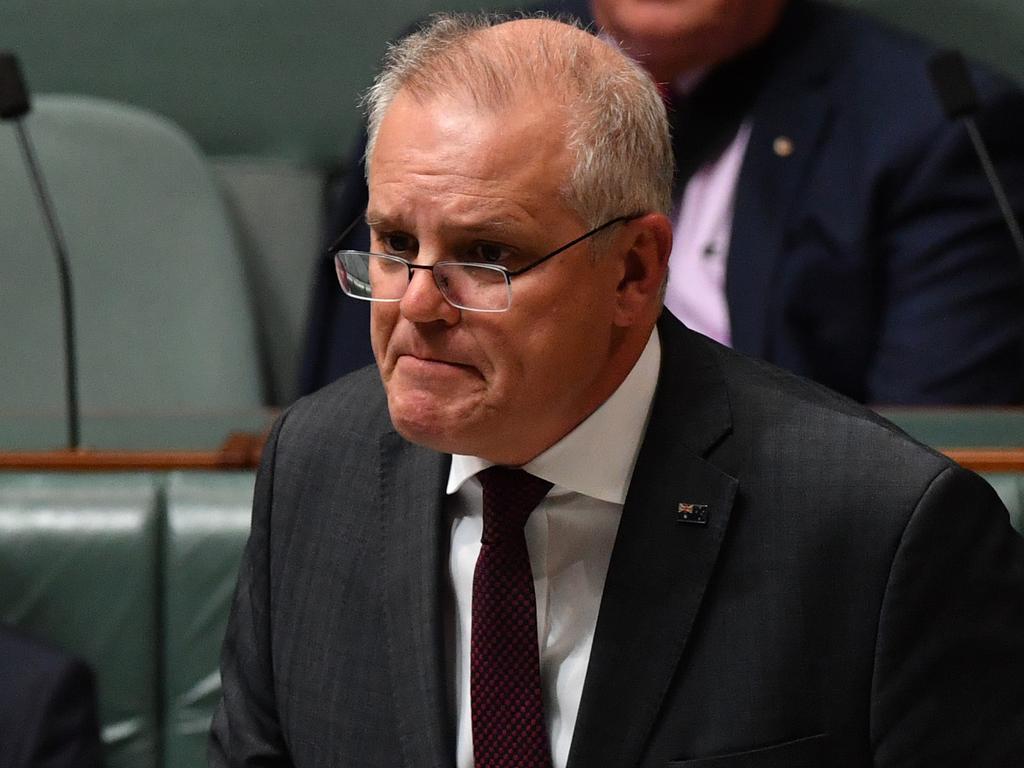Sean Turnell’s wife, Ha Vu, writes to the wife of General Min Aung Hlaing, Myanmar’s military ruler
The wife of Sean Turnell, the Australian detained in Myanmar, writes to the wife of the country’s military ruler to beg for his release.

On February 1, the military junta seized power in Myanmar in a coup d’état. Five days later, Australian economist Sean Turnell was arrested and imprisoned. Since then, there has been no news of his whereabouts.
On Monday in Sydney, his wife, Ha Vu, an economics university lecturer, sent a letter to the one person she knew would have some sway over new ruler General Min Aung Hlaing: his wife.
“Dear Daw Kyu Kyu Hla” she writes. “My name is Ha Vu, and I am Sean Turnell’s wife. I know that you know of Sean already.”
Dr Ha Vu describes her husband as a sweet family man, shy and bookish while a schoolboy, and details the many years he spent studying economics.
“He is simply an economist, and committed to using his knowledge for the good of others. Sean was inspired by the people of Myanmar, the kindest and most hard-working people he knew.”
Dr Ha Vu explains that while their home was in Sydney, her husband had felt compelled to work in Myanmar.
“Sean and I were content to forgo our everyday companionship over the past few years so he could help the people of Myanmar. Now he is arrested. On what charge I do not know,” she wrote.
“I am writing this personal note to you, Daw Kyu Kyu Hla, from one wife to another wife. I plead you to speak to your husband to let my husband return home to my family in Australia.”
READ HA VU’S LETTER HERE
Now Dr Ha Vu waits. Perhaps she hopes that as a former lecturer like herself, the wife of the general, in a country with a history like Myanmar, might have some empathy for her.
This is a human story about the fate of one Australian, but it is also part of much bigger and highly sensitive state of affairs in Australia’s backyard.
Australia-China relations are at a low point. China shares a 2000km-plus border with Myanmar. The toppling of democratically re-elected leader Aung San Suu Kyi and her members of parliament the day before they were due to be sworn in gives China opportunity to expand its influence in the region. And it presents an excruciating dilemma over foreign investment with very different outcomes for Myanmar.
It was not just Professor Turnell behind bars. With him is Ms Suu Kyi’s entire economic team: the minister for finance, planning and industry, both of his deputies and the apolitical deputy governor of the central bank
Just why? Colleagues of Professor Turnell who had worked with him inside and outside of Myanmar have spoken to The Australian on condition of anonymity. “Sean’s main contribution has been to help bring foreign investment into the country,” said one. “That was the work where he was most keenly and publicly engaged.”

For years, Professor Turnell has been closely advising Ms Suu Kyi on how to open up the economy and build confidence. “To attract investment from Australian companies like ANZ and others around the world,” says a colleague. “To create the kind of investment and job creation that Suu Kyi thought critical to economic recovery from the pandemic, the kind that would come and stay in Myanmar.
“Sean sought always to be very respectful of the fact he was a foreigner, walking the line providing advice and access to best practice.”
Professor Turnell’s friends insist the economist was never a political figure or a decision-maker. It seems clear, however, that by pushing for proper transparency and international standards on issues like anti-money laundering, he came up against vested interests, particularly the military.
The goal of Professor Turnell’s policy reform work was to attract what Ms Suu Kyi called the right foreign investment, but it also threatened the economic autonomy of the military. “In part, the coup is a focused effort to bring an economic reform agenda to heel,” said another source.
The military or Tatmadaw controls two vast conglomerates that run businesses in almost every sector of the Myanmar economy: the Myanmar Economic Corporation and Myanmar Economic Holdings Limited. One is run by the adjutant general, the other by the quartermaster general, old colonial titles.
Japan’s giant drink company Kirin, for example, has a 50-50 joint venture with Myanmar and Mandalay breweries owned by MEHL. A standing joke among expats was that you couldn’t have a drink without making a contribution to the military.
Since the coup, Kirin has said it will end its beer alliance with the MEHL. The Singaporean co-founder of gaming group Razer is also quitting his 49 per cent investment in a tobacco company owned with the military’s MEHL.
Ms Suu Kyi’s “right type of investment” is pouring out of Myanmar. “By undertaking this coup to avoid economic reform,” says a Turnell colleague, “the terrible trap the military find themselves in is that they risk becoming dependent on China because no one else will invest in the country.”
The role of the Middle Kingdom in this situation is complex, and requires considerable skill from the Australian government as it tries to free Professor Turnell without goading the military to look to the Chinese.

It would be wrong to see the Tatmadaw as a proxy for China. For many years, Burma was part of the British Empire and later occupied by Japan during World War II. The military takes pride in claiming to have regained independence for Myanmar and is understood to be wary of China.
The military is well aware investment is needed to develop the abundant oil and gas, agriculture and water and to grow the economy for its young population.
These developments matter a great deal to Australia, with China seeking to expand its influence in the region. International levers on Myanmar, like sanctions, lack potency. Russia has referred to the coup as an internal matter. Chinese state media has described it as a cabinet reshuffle.
Just what role ASEAN and in particular Singapore with its major financial hub is prepared to play is an intriguing question. Refusal by ASEAN to recognise the military government, and to recognise the 2020 election as the legitimate voice, would exert pressure on Myanmar.
Brunei, which holds the rotating chair of ASEAN for its 11 Southeast Asian members, has had talks with the Myanmar military. Plans for an ASEAN meeting on Myanmar are progressing. Both China and the US have shown keen interest in the meeting, as has Australia.
Scott Morrison has personally reached out to several ASEAN leaders, including Malaysian counterpart Muhyiddin Yassin, urging a regional campaign to condemn the coup and seek the release of Professor Turnell and other detainees.

Myanmar’s future is precarious. Public anger at the coup has seen civil disobedience including the closure of hospitals and a general strike with hundreds of thousands taking to the streets.
In positive moments, Professor Turnell’s colleagues hope the Tatmadaw will accept it simply cannot govern and will cut a deal with the imprisoned Ms Suu Kyi.
A second scenario is for the military to charge her with specious acts to prevent her from contesting future elections.
There are fears for the worst, however. “We have seen the use of live rounds already: the soldiers open fire and a bloodbath follows and we go back to the darkest days of the 1990s.”
Where does this leave Professor Turnell, who started as a central banker in Canberra and became captivated by Myanmar and the need for economic reform to deliver democratic prosperity? How troubled is the government that his arrest is the butterfly effect for greater regional tension?
Foreign Minister Marise Payne has said the Australian embassy in Yangon had spoken with Professor Turnell but has offered little more, beyond calling for his release.
His supporters say they want influential people to understand he was using academic insight to help to move the country into the light. “If that’s a crime, then we all want to be guilty.”
In her appeal to the general’s wife, Dr Ha Vu describes her husband’s vision for the country. “He dedicated his economic expertise to help bring investment and job opportunities to your country — to help Myanmar integrate with other economies in the region and the world, to help Myanmar grow faster and stronger.”







To join the conversation, please log in. Don't have an account? Register
Join the conversation, you are commenting as Logout